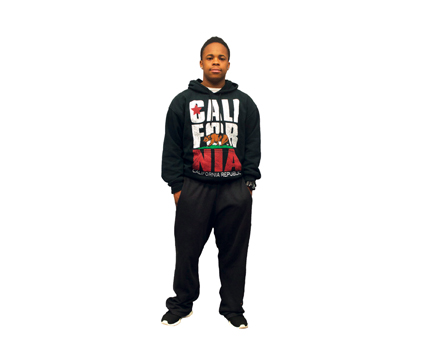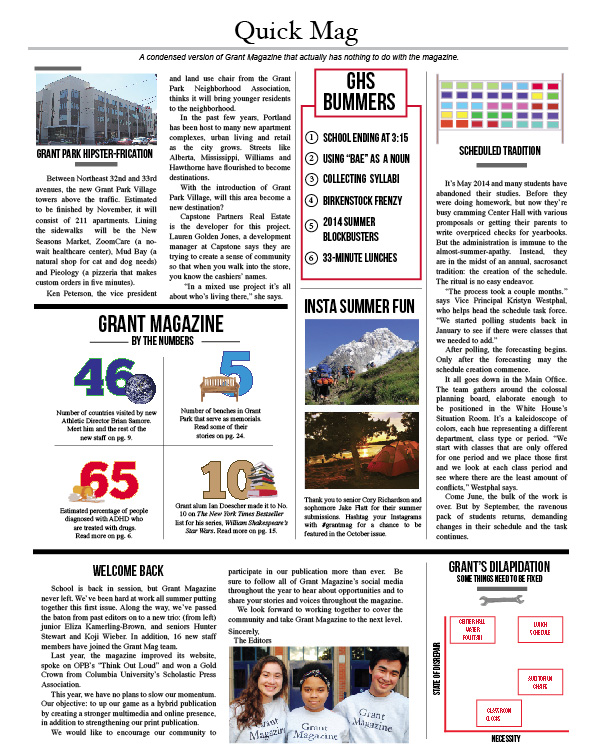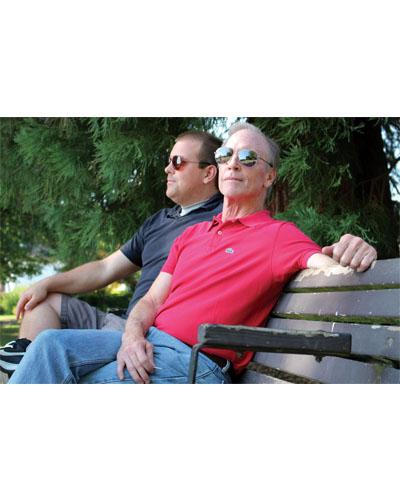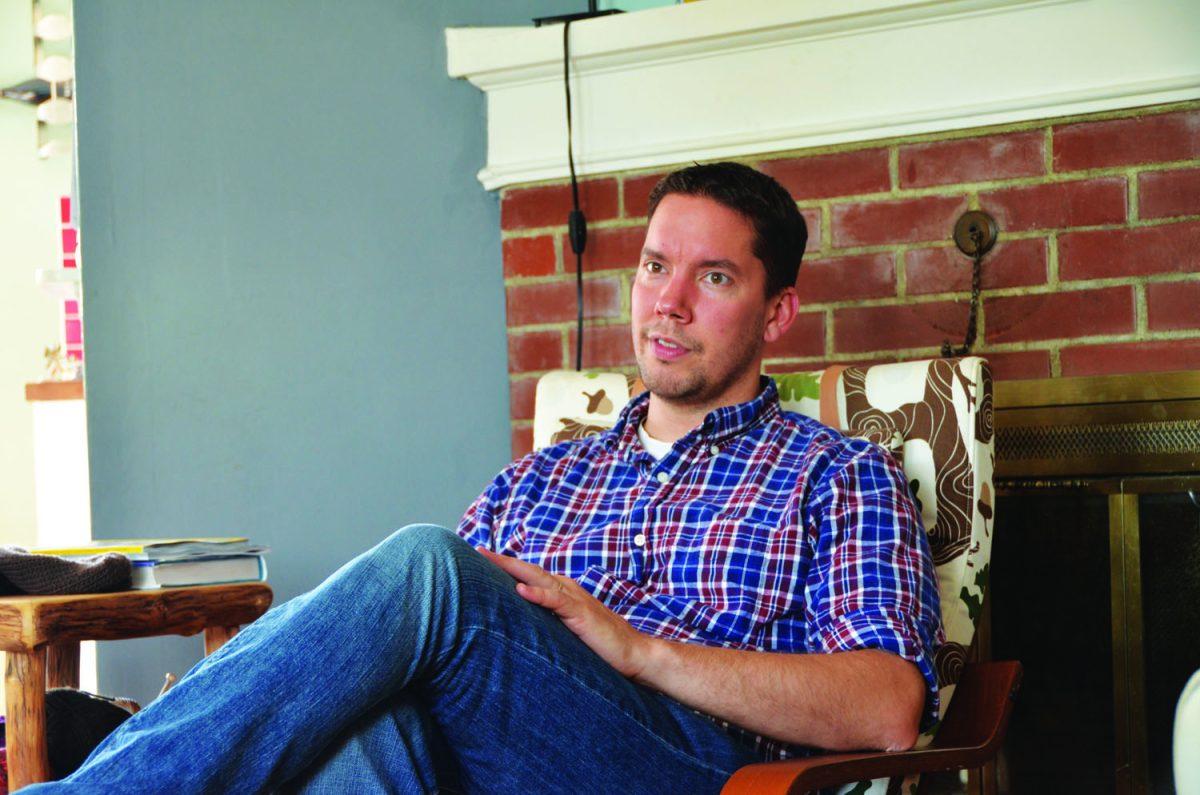When did you discover that you wanted to live as a male?
It was pretty evident throughout my childhood. I just didn’t have a term for it. So sixth grade, I came out as lesbian because I knew that I loved girls, so I was like “Oh, I must be a lesbian.” I started dressing really masculine. My sophomore/junior year of high school, I started feeling really depressed. I wasn’t really sure what was wrong. I started researching things and I came across the term “transgender.” Immediately that fit.
So were your friends aware in high school?
Yeah, my friends were aware that I identified as lesbian but when I found out that I was trans, I decided not to tell anybody so it was more of a family thing.
I wasn’t out in high school because I didn’t think it would be a good idea. It can be a place with a lot of bullying.
Did you choose not to tell anyone outside your family because you were worried about what some would think or was it something you wanted to deal with on your own?
It was a mixture of both. I needed time to make sure this was really what was going on because transitioning is a big step and a big change. It’s not something that you want to get wrong.
What’s it been like at George Fox?
I had no intention of transitioning until after college. I was basically like: “I need to focus on my academics.” I love the community. I love the religious aspect of the school and I also got a $40,000 scholarship. My freshman year, I started to get depressed. And basically, who you are can’t wait. I was hiding in the closet. So I decided to come out and started hormone replacement therapy that following May. I haven’t lost any friends. I found support from the administration, from teachers.
When did the housing issue start to surface?
My freshman year, I lived in the dorm with 25+ other women, which I didn’t like but I was still at the beginning of my transition. My sophomore year, it still wasn’t really on the plate. I was able to pick the people I was going to live with and I ended up telling all of them. I brought up the housing issue to the people who control the housing. They were like: “No, you’re biologically female so you cannot live with males.” I finally came to a compromise that I could live off-campus with males because at George Fox they have a policy that you cannot live with anybody of the opposite sex, on-campus or off-campus. I should have the right to live where I choose. I should have that right just like everybody else on campus.
I should have the right to live where I choose. I should have that right just like everybody else on campus.
What was your support system from the beginning?
My mom knew first and she’s been supportive since the beginning. When I came out as lesbian, she was supportive. It was a little bit harder for her to grasp the name change and pronouns but she’s been supportive.
You were featured in publications across the country. Even the New York Times wrote about you. What was that like?
I’m not a person who’s very outspoken. Part of me has grown through this experience. I’m a better public speaker and I found a passion for speaking out against inequalities regarding the LGBTQ community.
What do you hope comes out of sharing the obstacles you’ve faced?
I hope George Fox is able to turn around and allow transgender students to live with the gender they identify with. Hopefully, they’ll be able to stand up and speak up against inequality. I think that where a lot of the issues arise around these topics, especially with religion and the LGBTQ community, is the fact that nobody ever wants to have the conversation.
What are your goals for your junior year?
Get good grades, like any other student wants to do. I’m excited to be living with males this year, which is a big step in my social transition.
What advice would you give to anyone who’s struggling with who they are?
Always take your time. I don’t think you should rush into it. Take your time, do it on your own schedule, and make sure that you have support. ◊











































